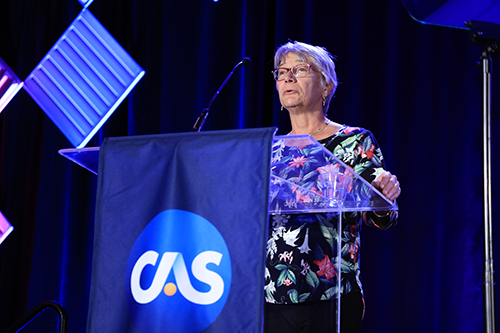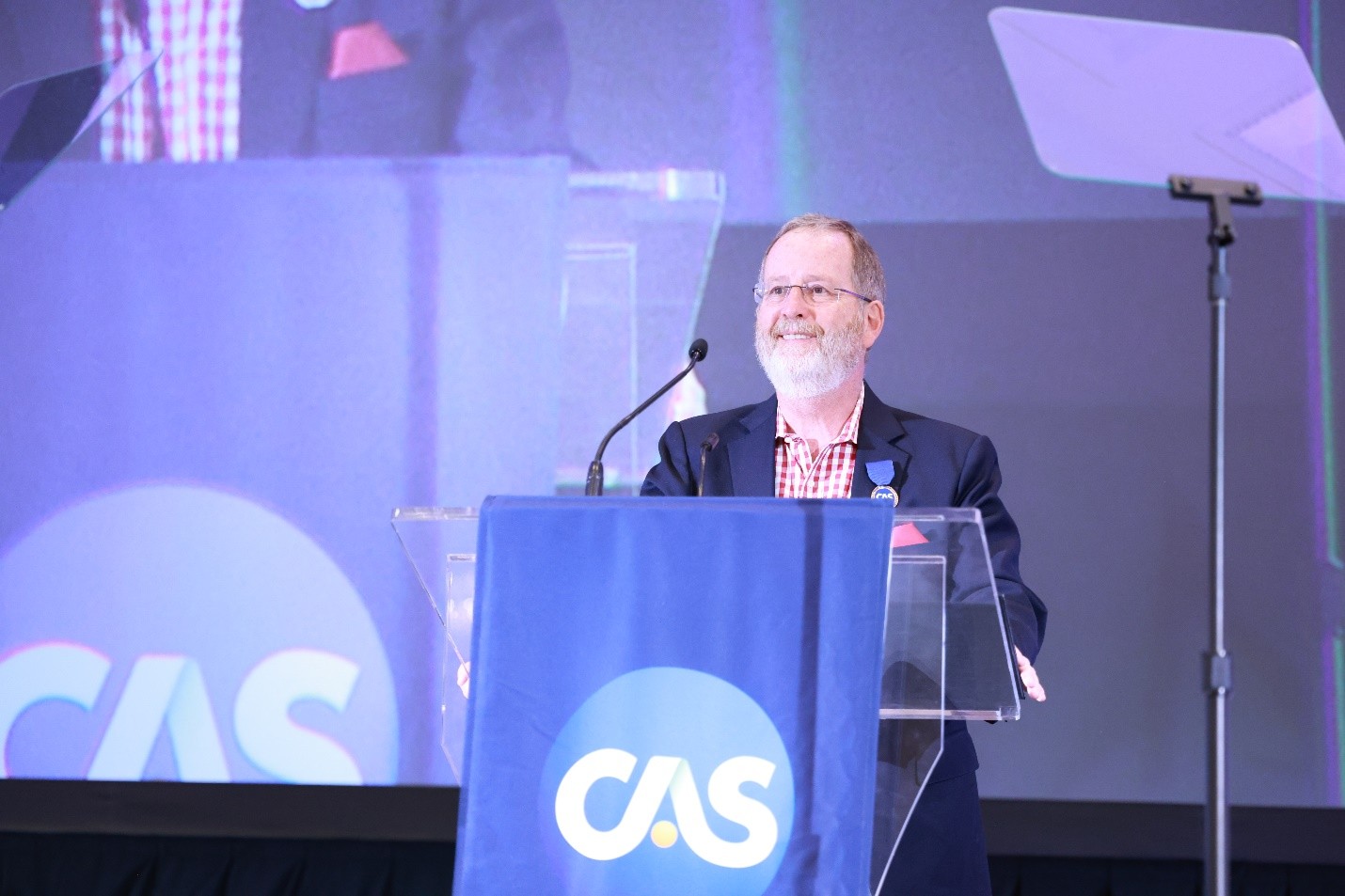Have you ever wondered why some enterprises thrive and others fail? One way to answer that question is to look at turnarounds — why did these programs get in trouble in the first place, and how did they return to being successful?
One of the things I noticed about nearly all of the programs that ran into difficulty is that they departed from what made them successful in the first place. Management became distracted from what they had been doing successfully to go after something else. Some sought growth over profitability; others failed to follow the standards they advocated as an organization.
In the successful turnarounds, tasks are prioritized using the acronym SAGE, which stands for Survive, Accomplish, Grow and Expand. SAGE gives the order of priority of what must be secured before going to the next letter.
Insurance companies would grow, abandoning solid underwriting, pricing and the other activities that had made them profitable initially, and then wonder why they were in financial straits. You can probably add your own list of failed organizations to the list.
And it isn’t just insurance companies. It applies to cities and towns, clubs and nearly any other collection of individuals banded together for a purpose.
In the successful turnarounds, tasks are prioritized using the acronym SAGE, which stands for Survive, Accomplish, Grow and Expand. SAGE gives the order of priority of what must be secured before going to the next letter: Make sure the organization will survive before moving to accomplish the purpose. Secure those first two items before moving on to grow. Insurance programs I was working with generally had gotten into trouble when they concentrated on “grow and expand” and neglected “survive and accomplish.”
Even restaurants try to grow without protecting their base. They expand their menus to attract a broader client base and lose their regular customers as their base fare and service deteriorate. Six months later, they either go back to the original menu or go out of business.
At one restaurant where I was a regular patron, they stopped adding cheese to the “loaded baked potato” and subsequently stopped offering sweet and sour sauce to go with the shrimp.
When asked, the manager replied, “We didn’t have much of a demand for them, so we took them off the menu.” In turn, I took them off my list of restaurants to patronize. When profits overshadow customer service, businesses tend to lose customers. When restaurants provide excellent service, including their fare, price is secondary, and the establishments can make a profit.
Rabbi Daniel Lapin writes in his book, Thou Shall Prosper, “When you receive payment after supplying the needs of a client, a customer, your boss … that money is a testament to your having pleased another human being.”[1] When the payment is prioritized over supplying the needs of the customer, the process falls apart. Profit is the result — the grade card.
The CAS has four purposes:
- Advance the body of knowledge of (P/C & related) actuarial science.
- Establish and maintain standards of qualification for membership.
- Promote and maintain high standards of conduct and competence for the members.
- Increase awareness of actuarial science.
That’s it. That is what the organization is designed to do, and it is what has enabled us to be successful as an organization and rebuff attempts at takeovers, mergers and other losses of independence. Sticking to our purposes is fundamental in our continued success.
Growth in membership, including our growing international presence, is a result of our meeting and maintaining these purposes, not the other way around. If we ever concentrate on growth over these four purposes, we risk failure as an organization.
 I have seen many successful growth campaigns — successful both in volume and profitability. But such growth was generally not performed by the top personnel. They approved the plan, monitored the progress, but kept their focus on running a successful organization. The day-to-day activity of growth is delegated to another group, who could work full-time on the growth project. Some growth programs literally grew their companies into insolvency.
I have seen many successful growth campaigns — successful both in volume and profitability. But such growth was generally not performed by the top personnel. They approved the plan, monitored the progress, but kept their focus on running a successful organization. The day-to-day activity of growth is delegated to another group, who could work full-time on the growth project. Some growth programs literally grew their companies into insolvency.
I have also seen many churches engage in a building expansion, only to see the support for the projects dwindle as the pastors spent more energy on the physical expansions than doing the jobs they were hired to do, which is to lead the congregation and preach. Having taken their eyes off the ball, neither job (pastoring nor building superintendent) tended to succeed. And often the pastors were forced out of the very church buildings they championed.
I have seen the same issue at companies and even with marriages. The individuals were more involved in building the building than building the company or the marriage.
“Expand” is what the Society of Actuaries is doing with their “general insurance track” by moving outside their traditional domain of expertise.
I am concerned that the CAS may be becoming involved in activities, as honorable as they might be, and taking its eye off the purposes for which it was founded.
As you make decisions, whether it is voting in the CAS election or another venue, I’d like you to ask yourself, “Will what I am about to do support or detract from accomplishing the purposes for which the organization is purposed?”
Any endeavor, any goal, any initiative we undertake that is not exactly aligned with our Society’s purpose distracts us from that purpose.
It provides the seeds of failure. It is like corn in a wheat field — a worthy grain, just distracting and taking nutrients from the primary purpose (growing wheat).
As you make decisions, whether it is voting in the CAS election or another venue, I’d like you to ask yourself, “Will what I am about to do support or detract from accomplishing the purposes for which the organization is purposed?”
As you make decisions, whether it is voting in the CAS election or another venue, I’d like you to ask yourself, “Will what I am about to do support or detract from accomplishing the purposes for which the organization is purposed?”
In my last column, I described how I got things out of my sight to enable me to better concentrate on the task at hand. The to-do piles distracted me from my current purpose. For an organization, seeking alternate goals can be a similar distraction from accomplishing the purpose for which it was established. A goal is different from a purpose, but any goal of the organization needs to be aligned with its purpose. Otherwise, it is distracting and diverting its energies and funds and is diluting its effectiveness, like planting corn in a budding wheatfield.
[1] Thou Shall Prosper, second edition, John Wiley & Sons, Inc. 2010, p. 17.












